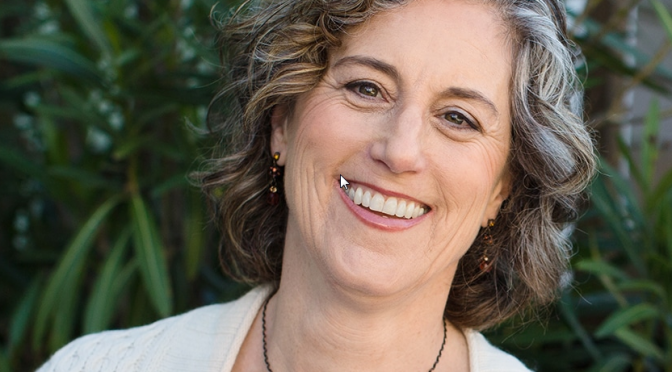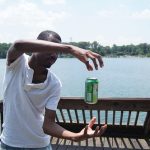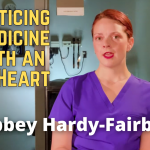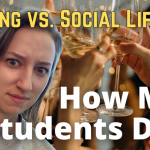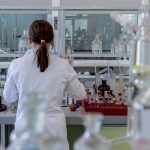Podcast: Play in new window | Download (Duration: 58:42 — 80.7MB)
Subscribe: Spotify | RSS | More
Elders are not just sickly adults.
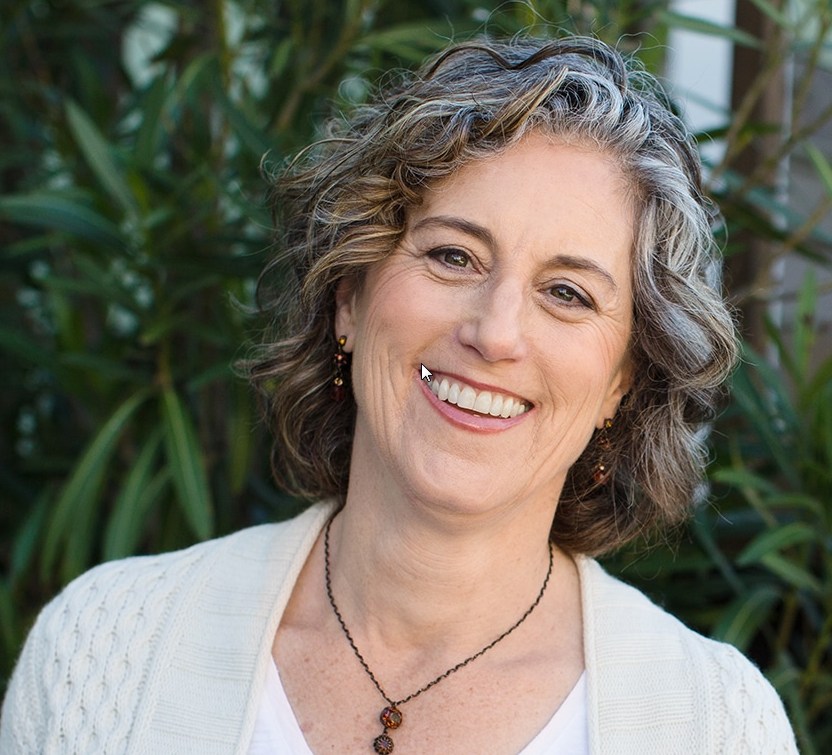
Ours is an aging society, and as the populations skews older, medicine has begun to realize that treating elder patients isn’t the same as treating adults or children. Treating the conditions of older people means that clinicians have to understand them in ways that go beyond diseases and drugs. Hence, the science of geriatrics. Dr. Louise Aronson is a geriatrician and the author of Elderhood: Redefining Aging, Transforming Medicine, Reimagining Life (Bloomsbury 2019). It’s a beautifully written book the focuses on the stories of our elders and what they can teach us about their needs both biological and psychological. Among the things co-hosts Miranda Schene, Emma Barr, Mason LaMarche and Nick Lind learned:
- Older people respond in unpredictable ways to medications. Often the work of a geriatrician is to ‘deprescribe’ medicines that are hurting them.
- Never undervalue the things that are important to elders just because they aren’t medicines or procedures. If the patient needs something from their doctor that increases their success in life, then it’s important.
- Recognizing when you as a doctor are doing things for you, vs. when you’re doing things for your patient is important.
- Older people are no longer beyond help simply due to age. With the right training and an in-depth understanding of the science of aging, huge gains can be made in treating the serious disorders of elderhood.
- American medicine’s concept of “the Good Death” (aka, dying at home surrounded by loved ones) isn’t a given for elders. Understanding what elders want, rather than subscribing to some monolithic idea, is important.
Buy Our Merch and Give At The Same Time
We Want to Hear From You
Are you considering geriatrics, and why? Call us at 347-SHORTCT anytime, visit our Facebook group, or email theshortcoats@gmail.com.

